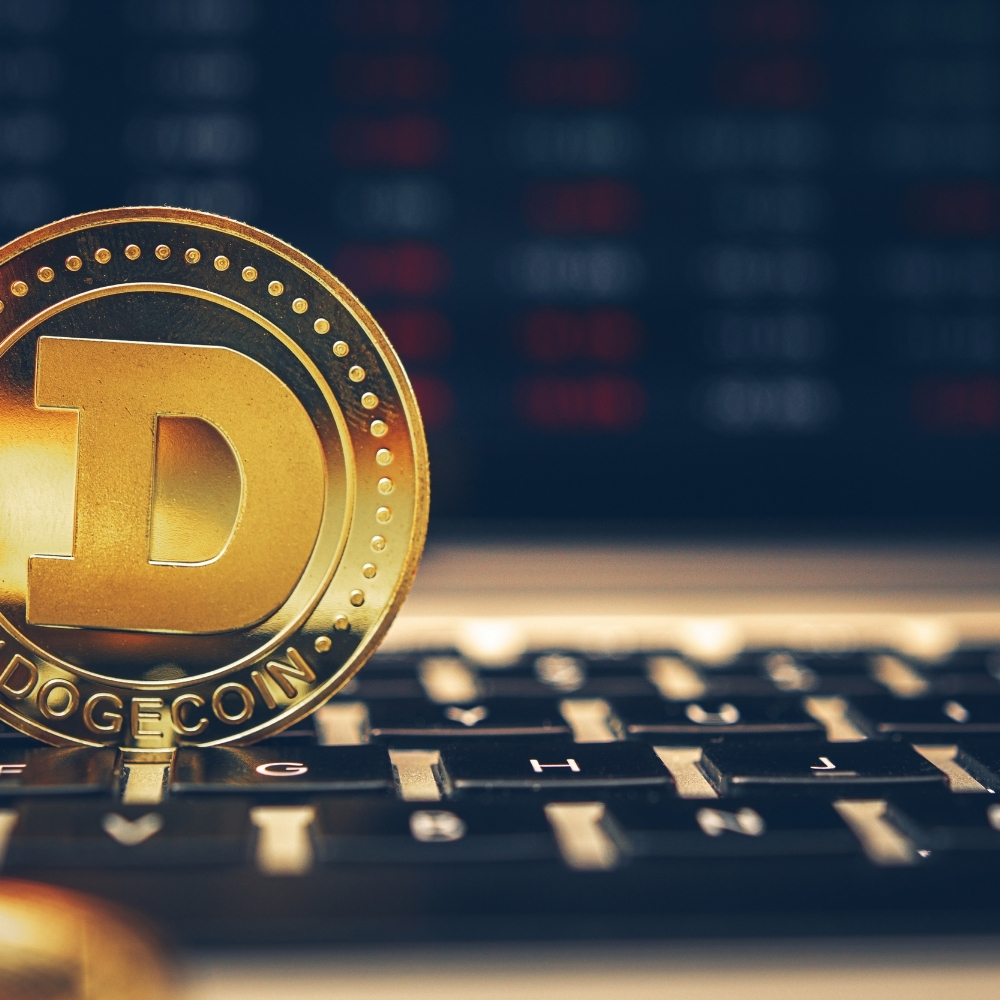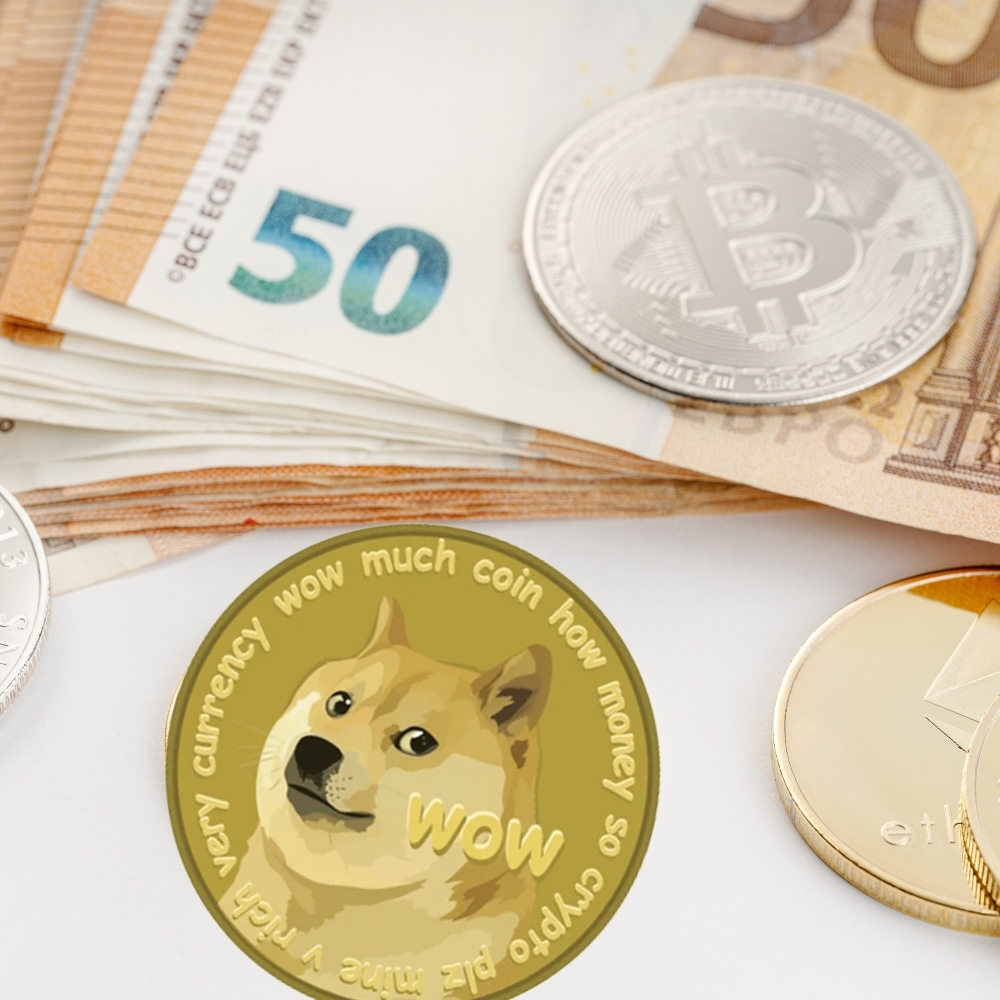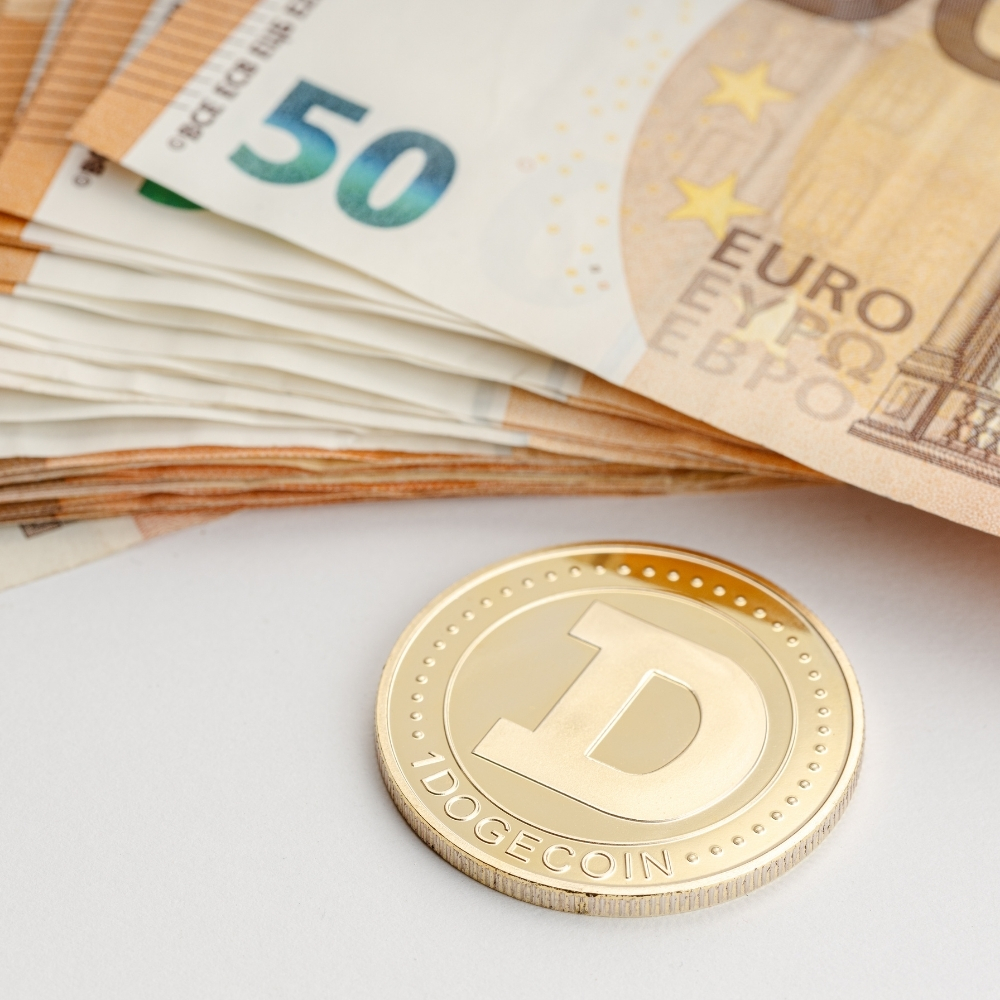Dogecoin is a satirical cryptocurrency that was briefly valued at $54 billion on Tuesday. Is this an indication that the economy as a whole is experiencing a period of wild excess? My response is a resounding no—but with some important caveats.
Start with the joke before moving on to the explanation. Almost everyone who takes Dogecoin seriously points out that it was developed as a joke at a time when hundreds of new e-coins were being launched. True, but that shouldn’t be a deterrent: if anything is useful, the founders’ intentions shouldn’t deter us.
. Use link to get $10 free Bitcoin: https://bit.ly/3esN7uD
. Use this link and get a free stock: https://bit.ly/2QXNohe
The first woman to be elected to public office in the United States was nominated as a joke. If the intent of the creator mattered, Facebook would rank as a total failure, as it was created to allow small online payments but is instead hoarded or used for speculation. If the intent of the creator mattered, bitcoin would rank as a total failure, as it was created to allow small online payments but is instead hoarded or used for speculation.
Dogecoin has found a niche as a means of tipping Reddit users for amusing or insightful social media messages, and is, in theory, a perfectly decent cryptocurrency.
It’s dominated by a group of people getting a good laugh and putting money on the joke, while others are betting on the outcome, resulting in Wednesday’s massive surge and massive fall.
It is as unlikely as betting slips for the Kentucky Derby to replace the dollar.
The fact that Dogecoin’s price quadrupled in two days last week indicates that the cryptocurrency is in a state of wild abundance.
However, this isn’t evidence that stocks or bonds are absurdly overvalued:
Because of the way markets operate, there is almost always a lot of waste in something.
The ability of public markets to manipulate the human appetite to gamble in order to provide liquidity is one of their greatest strengths. When long-term investors need to put more money to work or cash in, there is typically someone willing to purchase or sell.
The unintended consequence is that gambling always sets the price, with bubbles and stock momentum driving prices far away from the true value of the company.
Dogecoin is a bubble, as is the wider mania for crypto tokens, but that doesn’t necessarily mean the rest of the industry is. In the stock market, mini-bubbles are common when traders buy into a new fad without thinking: In 2013, 3-D printing was all the rage, with the stock of leader 3D Systems nearly tripling, and rare-earth metals stocks soaring fivefold or more until crashing in 2011. Neither pointed to widespread market excess, and Dogecoin could be the same.
Here’s where the serious caveats begin. Dogecoin isn’t the only cryptocurrency out there. It’s obviously part of a larger wave of overconfidence that swept through a variety of speculative assets over the last year. I’m hoping that the overheating isn’t causing problems elsewhere in the economy, but it’s a possibility.
With limited control, no fundamentals to restrict rates, and wild swings, dogecoin, like other cryptocurrencies, is ideal for speculation. The gambling impulse can only drive stock prices higher for so long before the business’s fundamentals emerge and provide a foundation for valuation.
Stocks that relied less on fundamentals and more on telling a hard-to-disprove story about the future had a great year last year. Profit keeps a stock grounded, while tale stocks will soar for a long time on the wings of the imagination before being dragged down to earth—or sometimes verified as true fliers—by hard business truth.
Dogecoin’s mix of get-rich-quick speculators and Reddit meme traders is reminiscent of GameStop, which was driven up by a story about a new business model and then a brief squeeze before nihilistic Redditors took control.
Tesla was the talk of the last decade, with the story being that there was a massive untapped demand for self-driving electric cars and renewable energy that would potentially work and be highly profitable.
Many would-be rivals, as well as clean-energy stocks, special-purpose acquisition firms, crypto-related stocks, and cannabis companies, became the next chapter last year as their shares soared. New highs were set (sorry), but for the most part, the upward trend slowed in January and February.
In theory, none of this is a challenge for those of us who aren’t investing in speculative bubbles. Even if bond yields are at record highs, there is a clear case that the things that most investors concentrate on—old-fashioned stocks—are fairly well supported by the fundamentals of a stronger economy and low bond yields. Of course, if those fundamentals deteriorate, as they have with the recent increase in Covid-19 in many countries, stocks could fall.
The risk is that the excess evident in Dogecoin has spread beyond story stocks into mainstream investments, and that when the froth is inevitably blown away, the rest of the market cools down abruptly. That’d be a terrible joke.
Learn How To Profit From The 2021 Cryptocurrency Bullrun. Potentially Turn $1000 Into As Much As $271,244 and Know When To Sell Before The Next CRASH. Click To Start Learning Now: http://bit.ly/3cXWcL4









